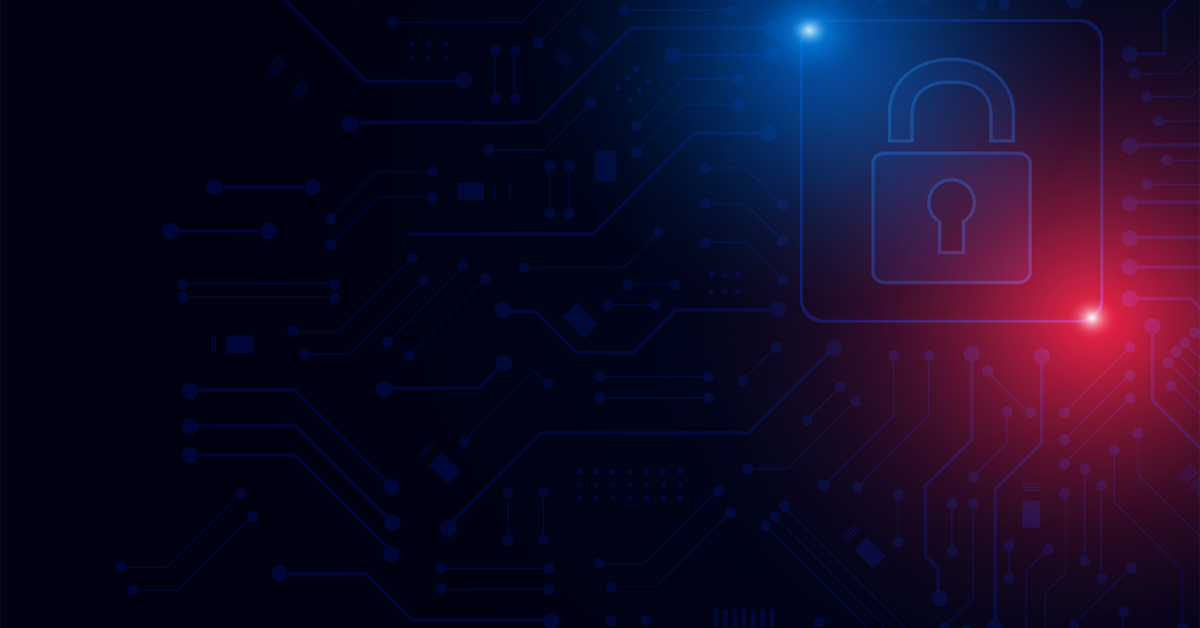Cybersecurity Best Practices

Cybersecurity Best Practices
Did you know... a single attack costs companies of all sizes an average of $200,000, and many affected companies go out of business within six months of the attack (Hiscox). A data breach – whether it be from compromised credentials, phishing, or infrastructure misconfigurations – can wipe out a company’s entire future in the blink of an eye. It’s vital to ensure you’re addressing potential risks that could adversely affect your operations, your bottom line, and your organization’s long-term future.
Here are cybersecurity best practices to help you stay ahead of threats. Download the full checklist here.
Assessment & Training
Security Assessment
- Understand where there are gaps in your security and detect vulnerabilities.
Secure Remote Access
- Ensure remote employees have secure access to resources with VPNs.
Access Control
- Only give employees access to what they need to do their job. Avoid sensitive data from getting in the wrong hands.
Security Awareness Training
- Educate staff on phishing, pharming, and other current cyber attack methods.
Email Awareness Training
- Train employees on how to spot suspicious emails, attachments, and links.
Multi-Factor Authentication
- Enhance security with a third authentication factor.
Strong Password Policy
- Enforce password policies to ensure staff create complex passwords and use a password manager.
Company Policies and Procedures
- Have company-wide security policies and procedures in place and regularly educate employees.
Data Protection
Implement Zero Trust Policy
- Devices and users should not be trusted by default. Continuously authenticate and monitor any attempt to get into the network.
Email Encryption
- Reduce chances of information that's shared via email from being deciphered by cybercriminals.
Secure File-Sharing
- Set up a secure file-sharing platform to mitigate unauthorized users from seeing shared information.
Dark Web Monitoring
- Regularly monitoring whether your passwords have been shared on the dark web can help you stay ahead of a breach.
Securely Dispose Data and Equipment
- When devices are no longer in use, data should be removed from all hard drives before physically destroying them.
Automatic Screen Lock
- If a device has not been in use for a few minutes, the screen should be set automatically lock.
Backups
- Back critical data up to encrypted drives.
Network & Endpoint Protection
Automatic Software Patches & Updates
- Automatically keep your devices operating and software systems updated with the latest security patches.
Anti-Malware & Anti-Virus Updates
- New viruses are created by hackers daily. It's important to keep your anti-virus systems up to date on the latest information.
Firewall Protection
- Evaluate and stop threats before they get in.
Vulnerability Testing
- You should be testing for vulnerabilities at least once a quarter.
Implement an Incident Response Plan
- It's not possible to avoid every threat. Having a response plan in place will mitigate the impact and downtime after an incident occurs.
On-going Cybersecurity Assessments
- Assess your systems on a regular basis to look for new vulnerabilities and risks.
Third-Party Penetration Testing
- Penetration testing (or ethical hacking) can help detect vulnerabilities and resolve them before hackers discover them.
Cyber Insurance
- Protect your business and cover losses with cyber insurance policies.
The reality is, all businesses are susceptible to cyber threats. As cybersecurity continues evolving to more well-thought-out attacks, organizations should do everything possible to mitigate the impact. Use this checklist to apply these best practices to your business and help strengthen your security posture.
Need help implementing these security measures? Contact Viyu Network Solutions today!
Categories
- Security (32)
- cybersecurity (32)
- Data Protection (28)
- Managed Services (17)
- IT Trends (15)
- Disaster Recovery (14)
- Email Security (14)
- cloud (13)
- Phishing (12)
- Tech Companies (9)
- Uncategorized (9)
- MSP (6)
- Customer Experience (5)
- IT Procurement (5)
- Productivity (5)
- viyu (5)
- Remote Work (4)
- Collaboration (2)
- Automation (1)
- High Bandwidth (1)
- Internet Connectivity (1)
- Marketing (1)
- Virtualization (1)


